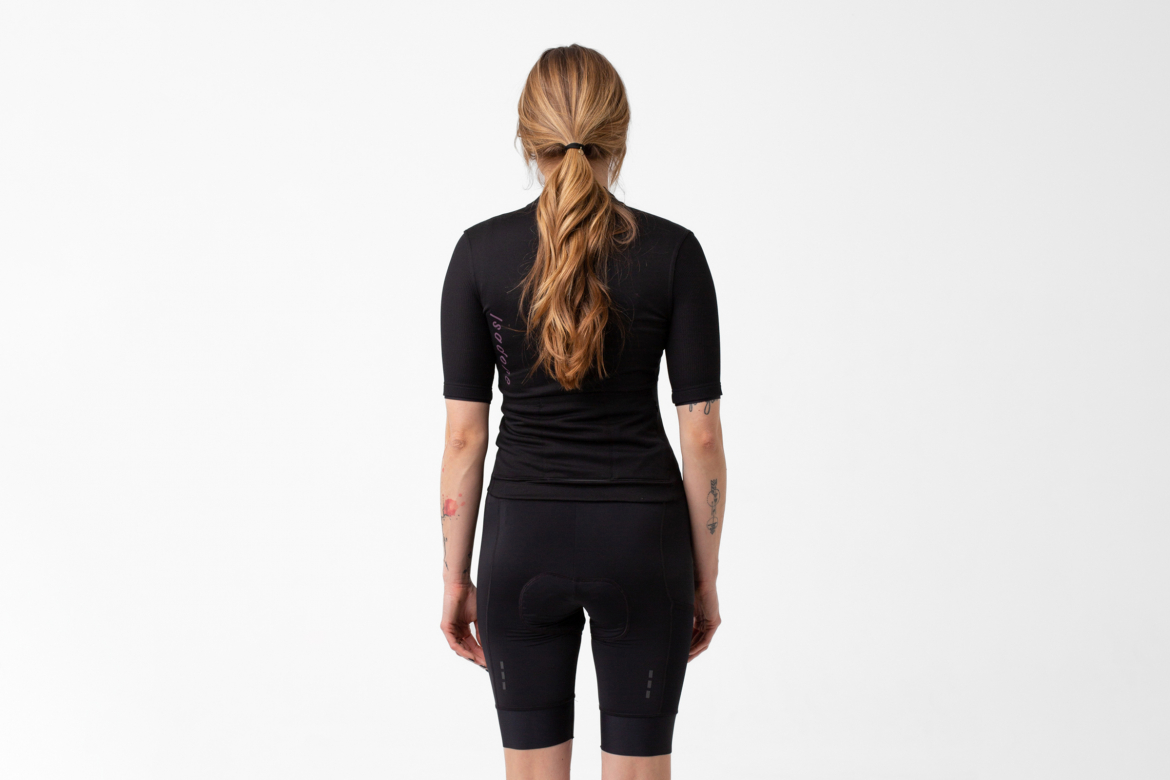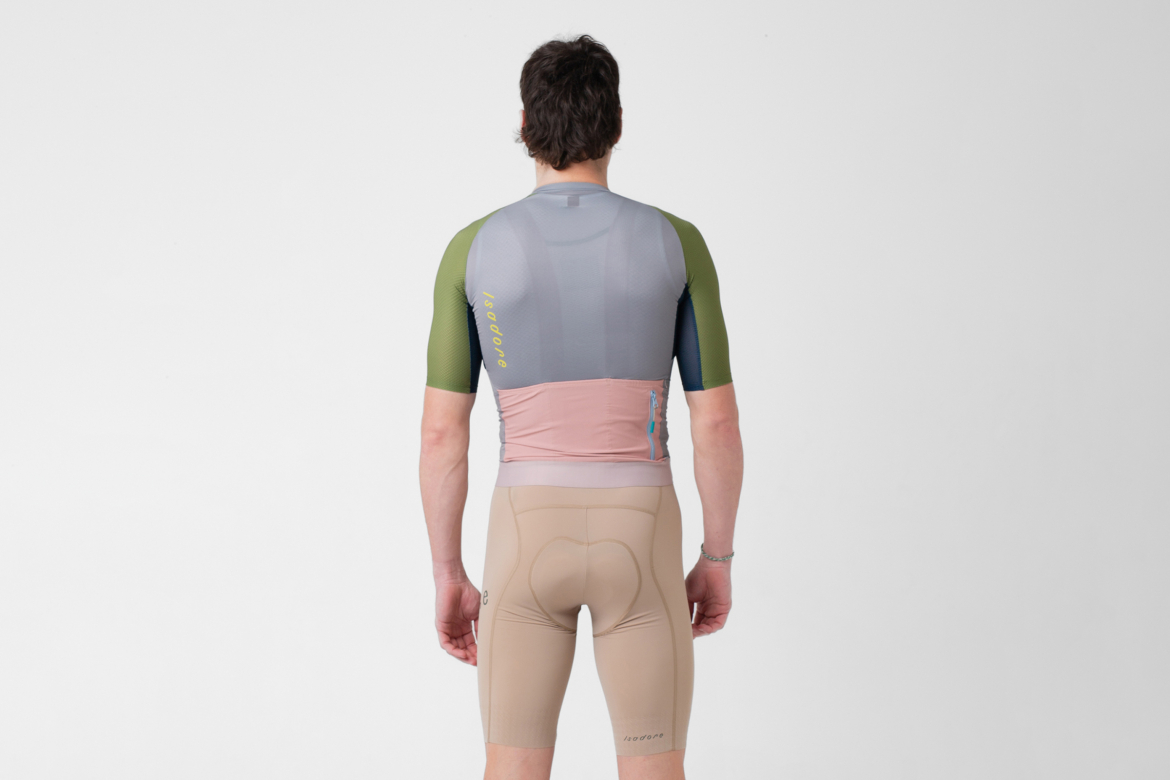How to care for synthetic materials
Synthetic materials are the easiest to maintain and wash. Nevertheless, specific instructions must be followed to extend their life, maintain key features, and keep them comfortable to use.

Zip up all zippers
Hand wash heavily soiled clothing before washing and zip up all zippers. Make sure there is no unprotected Velcro left anywhere on the garment where fine fibers can get caught.

Wash immediately
It is important to wash the synthetic fabrics immediately after sports performance. Prolonged exposure to sweat and dirt causes degradation of the material, and bacteria start to act on wet and dirty clothes, creating an unpleasant odor.

Only similar colors
Always put individual clothes in the washing machine only with the same or similar colors. Black things in particular can bleed. We also recommend not mixing them with other types of clothing. Use a laundry bag that ensures a longer life and prevents mechanical damage.

Program for delicate or synthetic laundry
Select a program for delicate or synthetic laundry with a low temperature of 30˚C (86˚F) and a maximum spin speed of 800 rpm. Never wash synthetic fiber clothing in hot water. Heat can permanently damage synthetic fibers.

Do not use bleach or fabric softener
Adding them can interfere with the natural properties of the fabrics. Also, avoid bio detergents, which damage some materials and degrade reflective elements on clothing.

Do not to use too much detergent
If you still see foam after the wash cycle, add one more rinse cycle. No washing powder should be left on the clothes.

Dry naturally
Let clothes made of synthetic materials dry naturally without using a dryer. To preserve the print longer, it is ideal to turn the clothes inside out before hanging them up.
How to wash cycling clothes?

How to care for merino wool materials
Merino wool is the basis of Isadore's production. If you take good care of it, it can last for years as part of your regular equipment.

How to care for synthetic materials
Synthetic materials are the easiest to maintain and wash.

Membrane materials with water-repellent properties
The special DWR coating and the membrane itself repels water and prevents soaking. However, they require special care.






